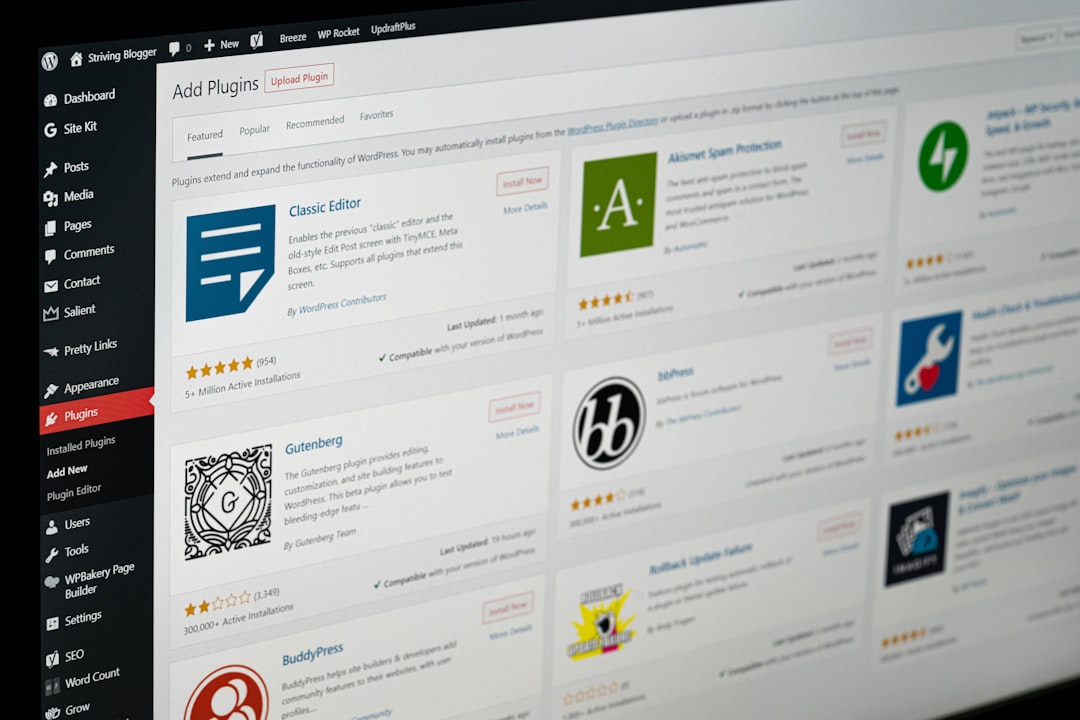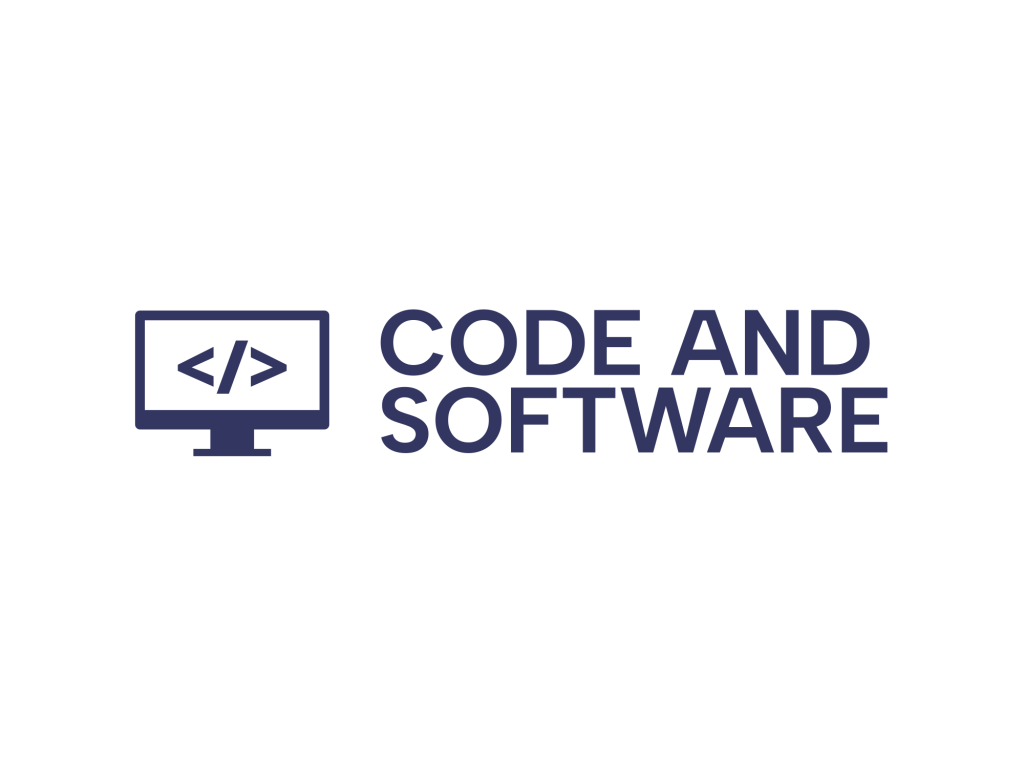When someone Googles your brand, what do they see? That’s your Brand SERP — Search Engine Results Page related to your brand name. It acts like your digital business card. But unlike a business card, it’s not always in your control. That’s where Brand SERP Defense comes in.
If you’re a business owner, marketer, or just someone interested in online reputation, this guide is for you. We’ll break down Brand SERP Defense in simple terms. You’ll learn what entities, knowledge panels, and review hubs are, and how they play a big role in how your brand is seen online.
What Is Brand SERP Defense?
Think of it like this: You don’t want others deciding how you’re introduced at a party. So why let search engines decide how your brand looks online?
Brand SERP Defense means taking charge of the results people see when they search your brand name. It helps you:
- Look professional
- Build trust
- Show up accurately
- Protect your reputation
It’s not about hacking or tricking Google. It’s about smart strategy and consistency.
The Power of Entities
Let’s start with entities. Basically, an entity is a “thing” in Google’s eyes. That thing could be a person, a business, a product, or even a concept.
Google uses entities to understand the world in a structured way. So when you search “Nike,” Google knows it’s a brand, not just a word.
Here’s why entities matter for Brand SERP Defense:
- They help your brand appear in the right context.
- They connect you to other trusted sources online.
- You gain more visibility in rich features like Knowledge Panels.
To boost your entity strength, do the following:
- Keep name, address, and other details consistent online.
- Link your website to trusted sources like Wikipedia or Crunchbase.
- Use schema markup on your website.
- Create clear descriptions across platforms like LinkedIn, Facebook, and industry sites.
Stronger entities lead to a more stable and rich Brand SERP.
What’s a Knowledge Panel?
The Knowledge Panel is that smart-looking box on the right side of Google’s desktop search. It shows info like logo, company overview, founder, headquarters, and social media links.

If you’re a recognized entity, you might have one already. If not, it’s time to guide Google in creating one.
You can’t directly “make” a Knowledge Panel. But you can influence it. Here’s how:
- Have a clear About page on your website.
- Get listed on authoritative databases (like Crunchbase or G2).
- Use schema to define who you are (Organization, Person, LocalBusiness… pick one!).
- Link to and from trusted sources that say the same thing about your brand.
If Google trusts the data, it starts connecting the dots. Over time, you’ll see the Knowledge Panel appear on your Brand SERP.
Controlling the Narrative
Let’s be honest — sometimes, less flattering things appear when people look up your brand. Maybe a negative review, a bad article, or something outdated. With good Brand SERP Defense, you can push the best results to the top.
Here’s what to focus on:
- Your Website – Make sure it ranks first!
- Social Profiles – Keep them active and optimized. Facebook, Twitter (X), LinkedIn, and YouTube often show up high.
- Industry Listings – Be on places like Glassdoor, Clutch, Trustpilot, or others in your field.
- Guest Articles or Interviews – Spread your message on third-party trusted sites.
Each of these acts like a “shield” around your brand, filling the SERP with content you control or influences you trust.
Meet the Review Hubs
Now let’s talk about Review Hubs. These are sites like Google Reviews, Yelp, Trustpilot, or G2 that collect feedback about your brand.
They are key players in your Brand SERP. Why?
- They often appear on the first page.
- People trust them.
- Google reads them to understand your brand reputation.
Managing review hubs is not about only getting five stars. It’s about being present, active, and responsive. Here’s how:
- Claim your business profile on all major review hubs.
- Ask happy customers to leave a review.
- Respond politely to negative feedback.
- Keep your info updated on each platform.

A strong presence on these hubs makes your Brand SERP more robust and reliable.
Keep Your Brand SERP Fresh
Google favors fresh, relevant content. That goes for your brand too. If you haven’t updated your website or social media in months, your Brand SERP may become outdated or lose trust signals.
Use the following tips:
- Post regular content to your site, even short blog updates.
- Upload new images to your Google Business Profile.
- Engage with your audience on X, LinkedIn, or Instagram.
- Keep track of what’s ranking by searching your brand often!
You don’t need to be everywhere — just active on the platforms that count most for your industry.
What If Someone Else Owns Your Brand SERP?
Uh oh. Sometimes others dominate the space for your name. Maybe it’s a critic, an affiliate, or an aggregator site. Take a breath. You’re not helpless!
Go back to the basics:
- Strengthen your website and entity.
- Claim profiles on top platforms.
- Publish good content regularly — both on your site and on others.
- Build connections with reputable sources that can vouch for you.
Your goal? Replace weak or harmful results with better, more accurate representations of your brand.
Final Thoughts
You work hard to build a business. Don’t let the internet mess it up. Brand SERP Defense is about taking responsibility over your digital appearance. It’s not hard, but it is ongoing.
Remember:
- Your Brand SERP is your first impression.
- Entities help define you.
- Knowledge Panels showcase you.
- Review Hubs validate you.
If you follow these steps, your brand will not only defend itself — it’ll shine.

So check your Brand SERP today. Then take the steps to make it amazing.

